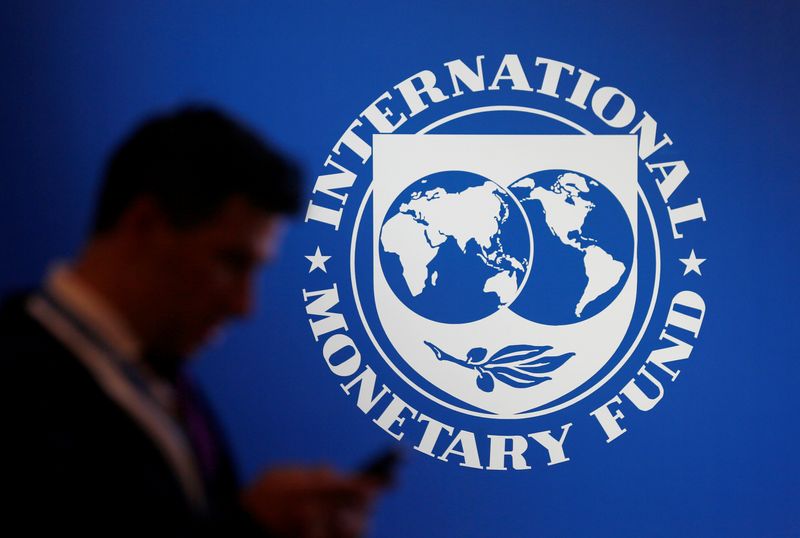TOKYO (Reuters) – The International Monetary Fund offered a more upbeat view on Tuesday on Asia’s economic outlook than six months ago, but warned a faster-than-expected rise in U.S. interest rates could disrupt markets by triggering capital outflows from the region.
While Asia is rebounding from last year’s slump caused by the COVID-19 pandemic, there is a divergence between nations benefitting from surging global demand and those reliant on tourism, said Jonathan Ostry, deputy director of the IMF’s Asia and Pacific Department.
“Setbacks in the vaccine rollout, questions about the potency of the vaccine against new variants of the disease, and a resurgence of the virus, together constitute a key downside risk,” Ostry told an online briefing.
The IMF expects Asia’s economy to expand 7.6% this year, up from an 6.9% increase projected in October, as advanced economies such as Japan, Australia and South Korea enjoy solid growth thanks to robust U.S. and Chinese demand.
The IMF expects Asia’s economy to grow 5.4% in 2022.
The region’s outlook, however, is bound with risks including the fallout from U.S. fiscal and monetary policy, Ostry said.
While Washington’s massive fiscal spending will be positive for export-oriented economies, rising U.S. interest rates were already spilling over to emerging Asian markets, he said.
“If U.S. yields rise faster than markets expect, or if there is miscommunication about future U.S. monetary policy, adverse spillovers through financial channels and capital outflows, as during the 2013 taper tantrum, could present challenges by compromising macro-financial stability,” Ostry said.
Asia has buffers against abrupt outflows of funds as many countries had accumulated foreign reserves, adopted flexible exchange rates and conducted stronger supervision over bank balance sheets, he said.
“However, the increase in leverage across government, household and corporate balance sheets means that higher borrowing costs, when they occur, will hurt,” he said.
Ostry said inflation in Asia would likely be “quite contained”, even as the rebound in global demand and commodity prices pushed up producer prices.
“Asia’s recovery has yet to become fully entrenched, and this is expected to keep inflationary pressures subdued,” he said in a written interview with Reuters.
(Reporting by Leika Kihara; Editing by Nick Macfie)
















